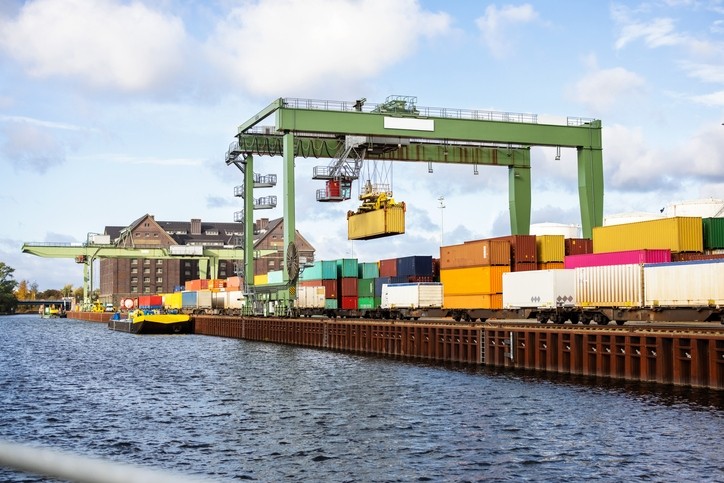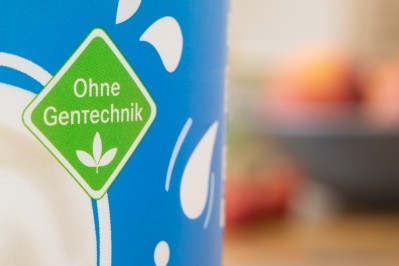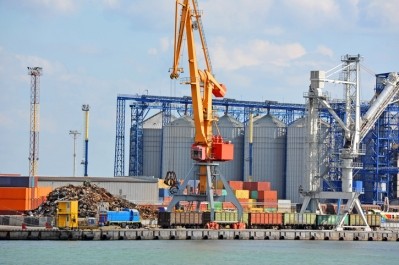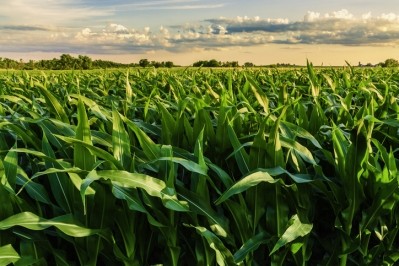Germany has sufficient quantities of GMO-free feed to tap into despite Ukraine war

Soy shipments from Ukraine continue to arrive, even though ports are closed, said the Association of Food without Genetic Engineering (VLOG), the group behind the non-GMO ‘Ohne Gentechnik’ (OG) standard in Germany.
“Soy crushers have informed us that soybeans are still being exported from Ukraine by train,” Alexander Hissting, managing director, VLOG, told FeedNavigator.
The share of GMO-free soybean meal imported from Ukraine and Russia of late accounted for about 9% of the total amount of soybean meal fed to animals in Germany, according to the Danube Soya Association. “The Danube Soya office in Kyiv continues to be active and expects the Ukrainian soybean harvest in 2022 to be 70% of the previous year's volume,” noted VLOG.
At Germany's main soybean meal terminal in Brake, shipments from other European ports and the current non-GMO soybean crop from Brazil are on schedule, added the organization. Meanwhile, Northern Italy has large stocks, and ADM Straubing, the main German non-GMO soy crushing plant, is fully operational and considers supplies largely secure for now, reported VLOG.
Rapeseed exports
Ukraine produces 2.5Mt of rapeseed on average (2016-2020, USDA). The portion of the 2021 crop destined for export has already been fully exported, according to the Association of the Oilseed Processing Industry in Germany (OVID). It believes that possible lower Ukrainian rapeseed exports in 2022 could be compensated for from other regions.
"Currently, then, the supply situation looks better than it initially appeared to some observers. Nevertheless, it is important to prepare for negative scenarios,” said Hissing, adding that the entire 'Ohne Gentechnik' sector is engaged in intensive discussions to ensure contingency plans are in place should there be a temporary gap in GMO-free feed supplies in the future.









